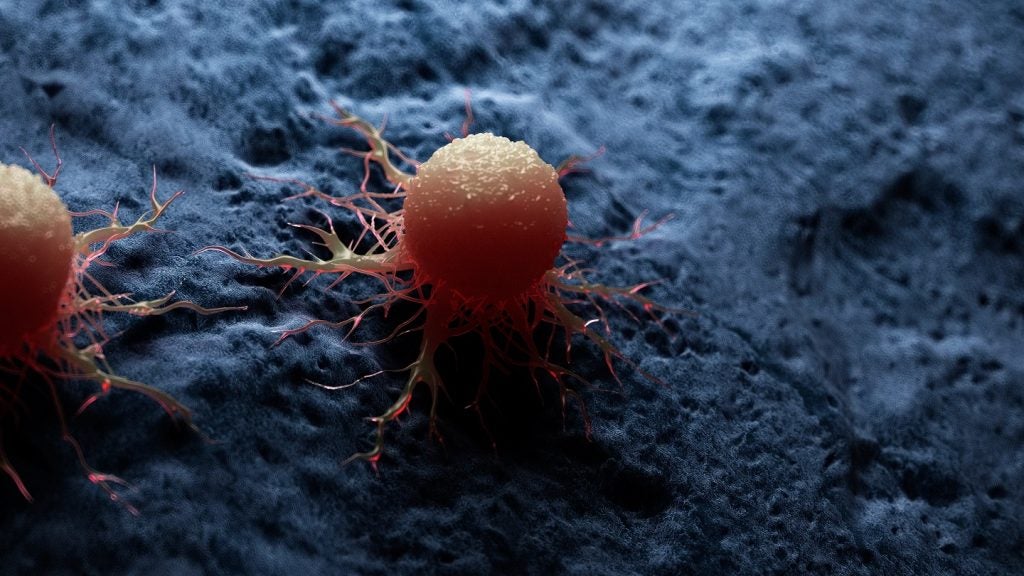Merus has filed a patent for a method to inhibit biological activity in cells by using antibodies to block the binding of membrane proteins. The invention aims to prevent the interaction between specific binding partners, ultimately inhibiting the biological activity. GlobalData’s report on Merus gives a 360-degree view of the company including its patenting strategy. Buy the report here.
According to GlobalData’s company profile on Merus, Personalized cancer vaccines was a key innovation area identified from patents. Merus's grant share as of January 2024 was 29%. Grant share is based on the ratio of number of grants to total number of patents.
Inhibiting biological activity of cells using antibodies
See Also:
The patent application (Publication Number: US20240034794A1) describes a method for inhibiting biological activity in cells mediated by the binding of specific membrane proteins. The method involves providing a system with an antibody that can bind to these membrane proteins, blocking their interaction and inhibiting the biological activity. The antibody used in the method can reduce inhibitory activity and enhance T cell activation potential, leading to a stronger anti-tumor response. The method targets specific membrane proteins such as PD-1 and PD-L1, known for their role in regulating immune responses.
Furthermore, the patent application details the specific characteristics of the antibody used in the method, including the amino acid sequences of the variable domains that bind to PD-1 and PD-L1. The antibody's ability to enhance T cell proliferation and induce a stronger anti-tumor response in vivo is highlighted. The method involves utilizing a bispecific antibody format with high binding affinity for the target membrane proteins. Overall, the method described in the patent application aims to modulate immune responses by targeting the interaction between specific membrane proteins, potentially leading to improved therapeutic outcomes in conditions where immune regulation is crucial, such as cancer.
To know more about GlobalData’s detailed insights on Merus, buy the report here.
Premium Insights
From

The gold standard of business intelligence.
Blending expert knowledge with cutting-edge technology, GlobalData’s unrivalled proprietary data will enable you to decode what’s happening in your market. You can make better informed decisions and gain a future-proof advantage over your competitors.





